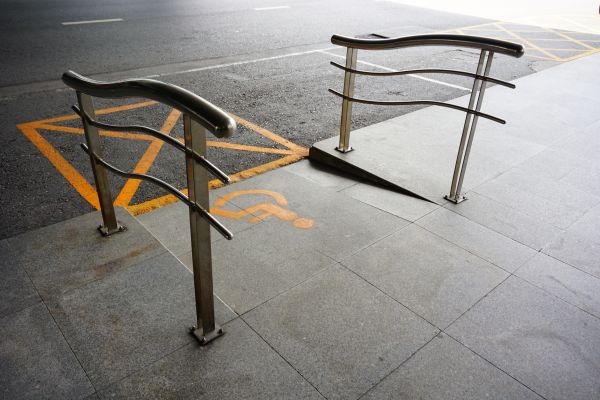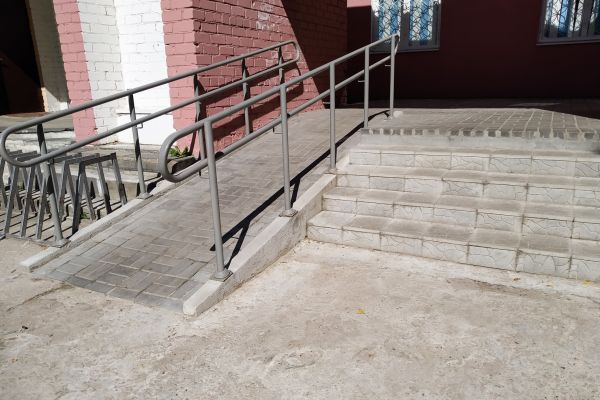Stair Ramp Construction Service
Affordable Stair Ramp Construction
Stair ramp construction is an essential aspect of building design, particularly in creating accessible environments for individuals with mobility challenges. These ramps provide a smooth, inclined surface that connects different levels of a building, making it easier for people using wheelchairs, walkers, or other mobility aids to navigate spaces that would otherwise be challenging or impossible to access. Beyond enhancing accessibility, stair ramps also contribute to the safety and convenience of all building users, including those with strollers, carts, or bicycles. The importance of stair ramp construction cannot be overstated, as it plays a critical role in ensuring that all individuals can move freely and safely within a built environment.
Benefits of Stair Ramp Construction
-
Improved Accessibility
Stair ramps are crucial for improving accessibility in both public and private spaces. By providing an alternative to stairs, ramps ensure that people with mobility impairments can access buildings and facilities with ease. This inclusivity is not only a legal requirement in many areas but also a moral obligation to accommodate all individuals. -
Enhanced Safety
Ramps reduce the risk of trips and falls, which are common on stairs, particularly for those with limited mobility or balance issues. By offering a gentle incline, ramps provide a safer passage for everyone, including those carrying heavy loads or pushing strollers. -
Increased Property Value
Buildings that are designed or retrofitted with accessibility features like stair ramps often see an increase in property value. This is because they appeal to a broader range of potential buyers or tenants who prioritize accessibility and safety in their living or working spaces. -
Compliance with Regulations
Many regions have specific regulations and codes that require buildings to be accessible to people with disabilities. Constructing stair ramps ensures compliance with these legal requirements, avoiding potential fines or legal issues.
FAQs About Stair Ramp Construction
What materials are commonly used for stair ramp construction?
Common materials include concrete, wood, metal, and composite materials. The choice of material depends on the location, aesthetic preferences, and budget considerations.
How steep should a stair ramp be?
The recommended slope for a ramp is typically a 1:12 ratio, meaning for every inch of height, there should be at least 12 inches of ramp run. This ensures a gentle incline that is easy to navigate.
Are there different types of stair ramps?
Yes, there are several types of stair ramps, including permanent, semi-permanent, and portable ramps. Each type serves different needs and can be selected based on the specific requirements of the space.
How long does it take to construct a stair ramp?
The construction time can vary depending on the complexity and size of the project, as well as the materials used. A professional consultation can provide a more accurate timeline.
Interested in enhancing accessibility and safety with professional Stair Ramp Construction?
Fill out the contact form today to request a consultation and discover the benefits of professional stair ramp construction.




